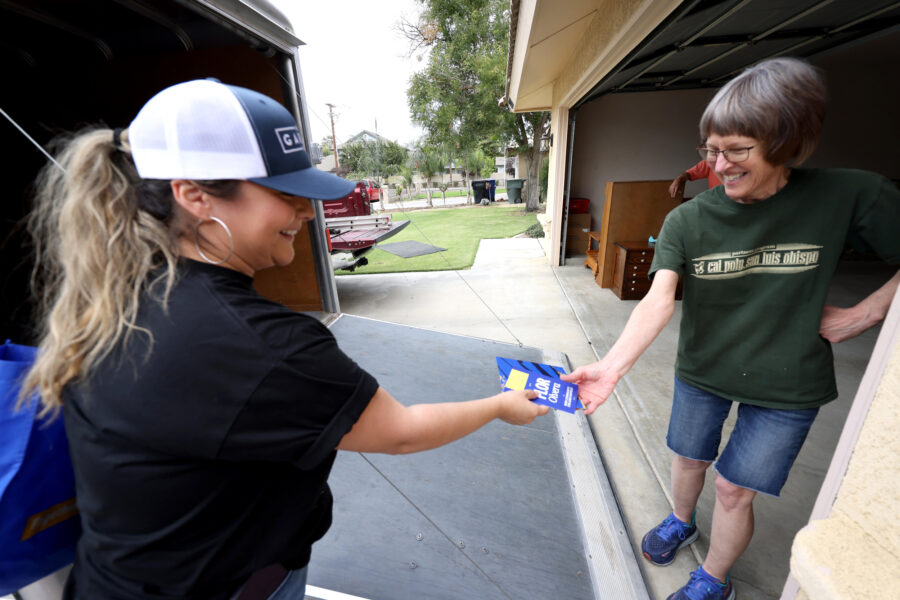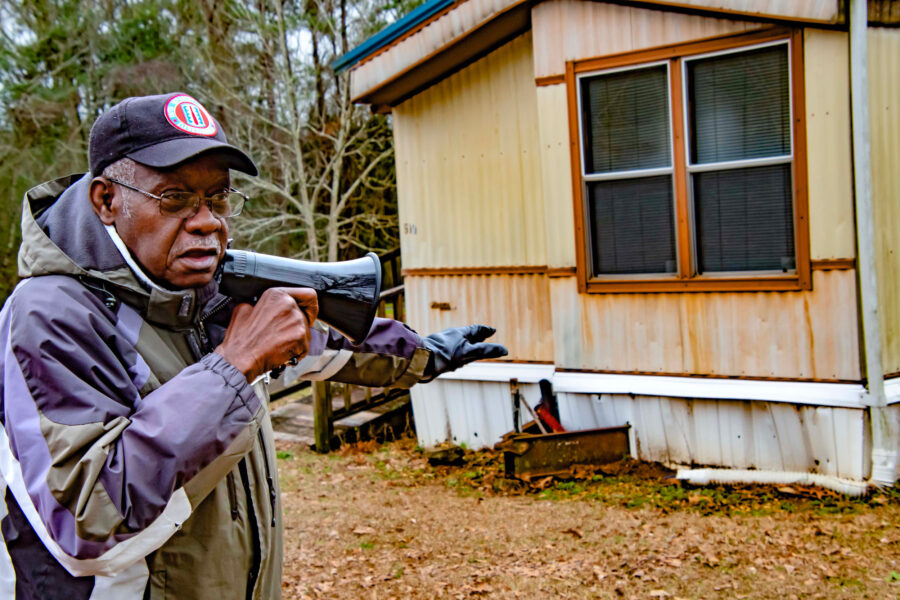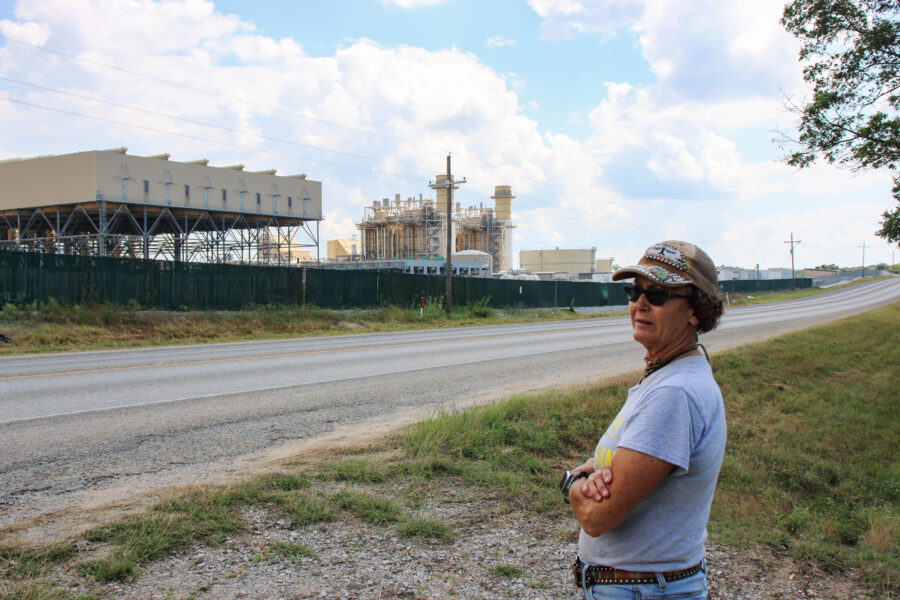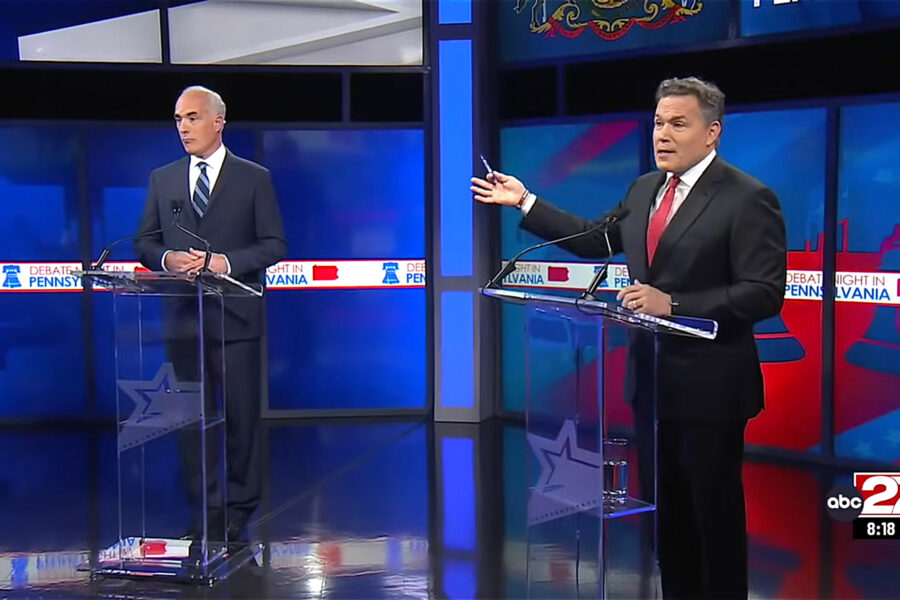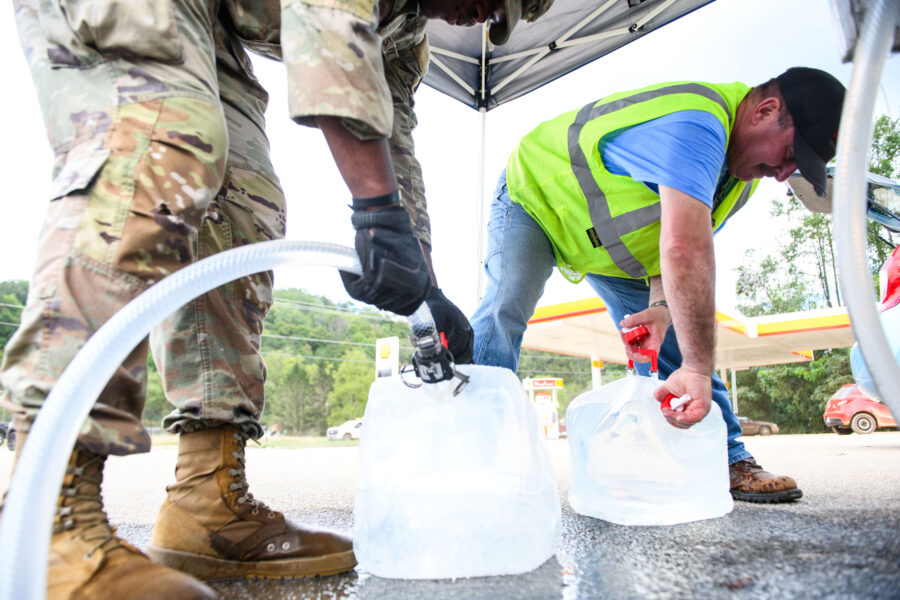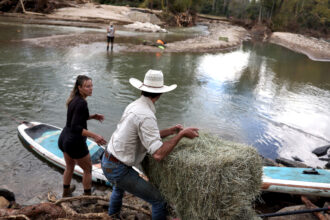International Human Rights Commission Condemns ‘Fortress Conservation’
Africa’s top human rights commission said the Democratic Republic of Congo violated the rights of Indigenous Batwa people when it forcibly evicted them from their ancestral territories and imposed a national park on those lands without the original inhabitants’ consent.
The African Commission on Human and Peoples’ Rights ordered the DRC to provide the Batwa legal title to their homelands, among more than a dozen other prescribed remedies.
The decision was decided in 2022 but wasn’t made public until late June of this year. Lawyers involved said publication was delayed because of mistakes made in the text of the French version of the decision, and that the DRC has not taken any action to comply with the decision.
The government’s embassy in D.C. did not respond to a request for comment and also did not participate in the Commission’s proceedings despite requests that it do so.
Explore the latest news about what’s at stake for the climate during this election season.
Since Kahuzi-Biega National Park was established in 1970, the DRC has forced about 6,000 Batwa people, sometimes violently, from an area of rainforest in the eastern DRC the size of West Virginia. Those evictions began on the recommendation of a Congolese conservation organization, according to the Commission’s decision, despite the Batwa having a long and proven track record of protecting and preserving their homelands.
In its decision, the commission sharply criticized the logic behind “fortress conservation,” the removal of Indigenous peoples from their land in the name of protecting nature. That model, born in the United States with the creation of national parks like Yellowstone, has been exported around the world. Increasingly, it is being used in conjunction with some carbon offset programs.
“If the purpose of creating a park is to protect biodiversity for the good of all, should the way of life, culture and environment of the indigenous populations occupying it not be taken into account?” the commission wrote.
The Batwa’s culture is entirely based on a thriving ecosystem, the commission said, and their removal may have worsened biodiversity in the region because park guards and governmental officials granted forest access to non-Batwa groups that carried out extractive activities including mining and logging, leading to severe deforestation and environmental degradation. The Congo Basin is home to sensitive ecosystems with iconic species, including chimpanzees, forest elephants and critically endangered gorillas.
As the forest’s health worsened, so too did the Batwa peoples’. Relegated to living in makeshift huts on the fringes of the forest, Batwa communities were unable to access their traditional foods and plant medicines, nor could they engage in cultural and religious activities.
“How can we teach our children about our culture when we are outside of our own home?” an individual identified as M.M. told the commission.
After separating communities from their land and traditional medicines, the government did not provide the displaced people with alternative forms of health care. “Our sick people die at home because the hospital will not treat us without money,” said an individual the commission identified as K.M. Another witness told the commission they “watch with dread” as their grandchildren die of diseases that could have been cured with traditional Batwa medicine.
In affirming the reciprocal relationship between the Batwa and their ancestral mountain forest, the commission for the first time recognized the important role Indigenous people play in protecting biodiversity, said lawyers with London-based human rights group Minority Rights Group International. MRG and the DRC-based nonprofit Environnement, Ressources Naturelles et Développement represented the Batwa before the commission.
“How can we teach our children about our culture when we are outside of our own home?”
Rights advocates say the decision could be a turning point for conservation and the international public and private donors that pour millions of dollars into parks and offset schemes credibly accused of rights abuses. According to Joshua Castellino, executive director at MRG, the decision squarely debunks the myth that removing Indigenous people from their land better protects the climate and biodiversity.
“Humans are causing these global environmental problems, but not all humans behave the same way,” Castellino said. “The Batwa and other Indigenous groups cannot pay the price for the destruction caused by others.”
A fast-moving body of scientific research shows that when Indigenous communities have secure land title and sovereignty over their territories, those lands generally have more intact forests and improved conservation outcomes compared to other land ownership arrangements, including national parks. In some countries, like the United States, oil, gas and other extractive activities are allowed in national parks or on other public lands.
“We made very pragmatic arguments in this case,” Castellino said. “If you want to protect the Congo Basin, it’s not going to be with government agencies that are close to big business.”
In addition to calling on the DRC to provide the Batwa with a land title, the commission recommended the country remove intruders from Batwa territories and establish a committee to determine appropriate financial compensation to be paid to the Batwa—including future royalties from the park. Commissioners also told the government to recognize the Batwa as full DRC citizens and issue a public apology to them.
If the government does not comply with the decision, the commission can bring a case before the African Court on Human and Peoples’ Rights.
Even absent that next step, the commission’s decision, coming from the most important human rights monitoring body in Africa, could have implications for other Indigenous peoples across the continent. Pastoralist Maasai in Tanzania are currently facing large-scale evictions from Ngorongoro Conservation Area, where tourism and adjacent big-game hunting parks dominate the local economy.
The Batwa filed a complaint with the commission in 2015 after the communities’ complaints languished before DRC courts for years without resolution. The commission held hearings in the case in April and May of 2022. Its decision was endorsed in 2023 by the African Union, a 55-member state block established in 2002 to promote continental unity, and MRG finally received a copy of the order in June 2024.
The African Commission on Human and Peoples’ Rights, headquartered in Gambia, is an independent arm of the African Union tasked with protecting and promoting human rights on the continent. To fulfill that mandate, it hears complaints alleging violations of the 1985 African Charter on Human Rights and investigates alleged human rights abuses.
About This Story
Perhaps you noticed: This story, like all the news we publish, is free to read. That’s because Inside Climate News is a 501c3 nonprofit organization. We do not charge a subscription fee, lock our news behind a paywall, or clutter our website with ads. We make our news on climate and the environment freely available to you and anyone who wants it.
That’s not all. We also share our news for free with scores of other media organizations around the country. Many of them can’t afford to do environmental journalism of their own. We’ve built bureaus from coast to coast to report local stories, collaborate with local newsrooms and co-publish articles so that this vital work is shared as widely as possible.
Two of us launched ICN in 2007. Six years later we earned a Pulitzer Prize for National Reporting, and now we run the oldest and largest dedicated climate newsroom in the nation. We tell the story in all its complexity. We hold polluters accountable. We expose environmental injustice. We debunk misinformation. We scrutinize solutions and inspire action.
Donations from readers like you fund every aspect of what we do. If you don’t already, will you support our ongoing work, our reporting on the biggest crisis facing our planet, and help us reach even more readers in more places?
Please take a moment to make a tax-deductible donation. Every one of them makes a difference.
Thank you,
David Sassoon
Founder and Publisher
Vernon Loeb
Executive Editor
Share this article
Disclaimer: The copyright of this article belongs to the original author. Reposting this article is solely for the purpose of information dissemination and does not constitute any investment advice. If there is any infringement, please contact us immediately. We will make corrections or deletions as necessary. Thank you.

